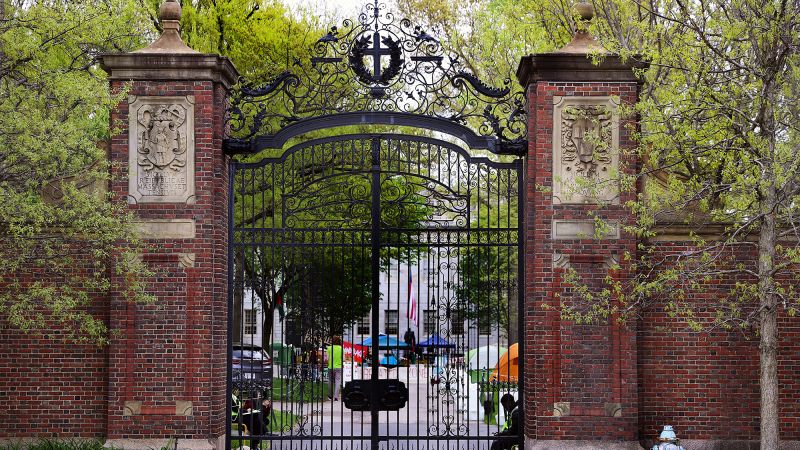Harvard University announced a new policy that it will no longer weigh in on public matters that don’t directly impact the school’s core function. This decision comes after a period of turmoil at the university and a working group was formed in April to debate when Harvard should speak out on public issues. The group concluded that Harvard has a responsibility to speak out to protect and promote its core function, including defending the university’s autonomy and academic freedom when threatened.
The working group’s report stated that while the university should issue official statements on matters that directly affect its core function, it should refrain from making statements on public matters that are outside its institutional area of expertise. The report emphasized that the integrity and credibility of the institution can be compromised when the university speaks officially on matters unrelated to its core function. This move is a significant shift in Harvard’s approach to public engagement and reflects a desire to maintain focus on its academic mission.
The decision to limit Harvard’s involvement in public matters comes after Claudine Gay, the first Black president in Harvard’s history, stepped down amidst controversy and plagiarism allegations. Gay faced intense pressure following her statements on a terror attack in Israel and her testimony on campus antisemitism. Alan Garber, who replaced Gay as president on an interim basis, announced that the university has accepted the working group’s report and recommendations, which were also endorsed by The Harvard Corporation, the university’s top governing body.
Garber noted that translating these principles into concrete practice will require time and experience, but the university looks forward to the work ahead. This new policy reflects a shift in Harvard’s approach to public engagement and signals a commitment to focusing on the university’s core function and academic mission. By limiting its involvement in public matters, Harvard aims to protect its integrity, credibility, and autonomy while upholding its commitment to academic freedom. With this new direction, Harvard seeks to strengthen its position as a leading academic institution and preserve its legacy for future generations.


